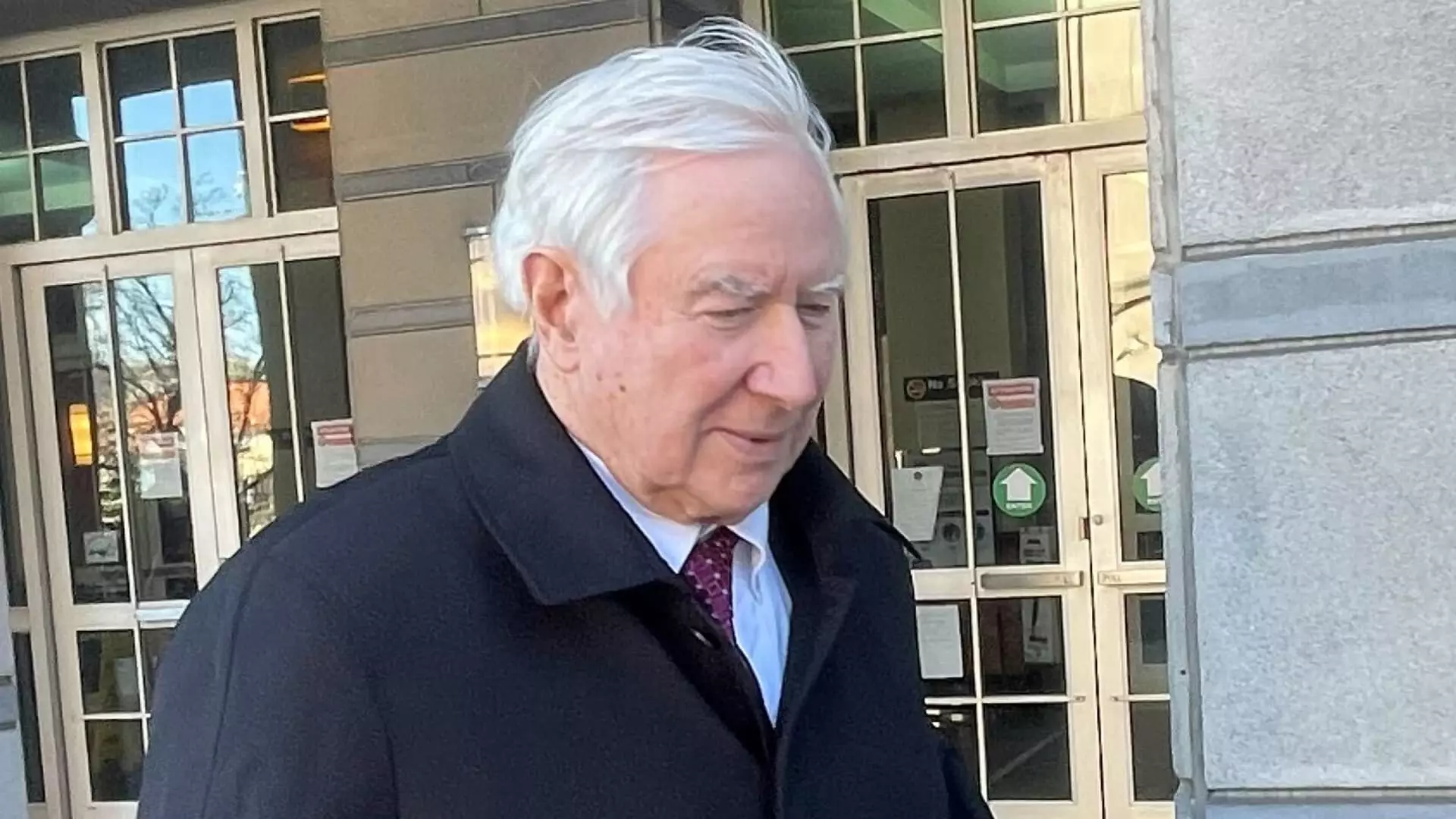In a captivating case of stock manipulation, a father-son duo, Peter Coker Sr. and Peter Coker Jr., have admitted to their roles in orchestrating a fraudulent trading scheme that took advantage of investors by artificially inflating the value of stocks linked to a small deli in New Jersey—Your Hometown Deli. This unusual case underscores the darker side of financial markets, where even the smallest businesses can become prime targets for elaborate schemes designed to mislead investors.
The Cokers, along with James Patten, another individual implicated in the conspiracy, face serious legal consequences for their actions, which involved deceptive trading practices that spanned several years. Their manipulation not only inflated the stock price of Hometown International, the deli’s parent company, by over 900% but also pushed the value of a separate entity, E-Waste, to nearly 20,000%. These shocking figures illustrate not only the audacity of the scheme but also the potential damage inflicted on unsuspecting investors.
The mechanics behind this fraud involved deliberate and coordinated trading strategies that misrepresented the demand for the stocks on the Over-the-Counter (OTC) marketplace. By gaining control of both Hometown International and E-Waste, the Cokers aimed to create a facade of legitimacy and profit potential. The ultimate goal was to facilitate reverse mergers with private firms, allowing them to extract considerable gains from their inflated stock values.
This case raises important questions about market oversight and the responsibilities of those engaged in trading. The manipulation appears particularly egregious given that Hometown’s only tangible asset was a single, underperforming deli. It reflects a broader issue where the integrity of the financial markets can be jeopardized by a few individuals seeking personal gain at the expense of the collective investment community.
As the legal proceedings move forward, the defendants face significant sentences, with a maximum of 20 years in prison hanging over their heads. The elder Coker, 82, who remains free on bond until his sentencing, has seen his legal team decline to comment, while his son, who has been detained since his extradition from Thailand, awaits his own fate with no immediate comment from his attorney. The involvement of seasoned fraudsters like Patten enhances the seriousness of the case, given his prior conviction for mail fraud.
This situation serves as a sobering reminder of the potential for fraudulent activity within the financial sector. While the Cokers may have been motivated by the allure of quick profits, their downfall underscores the risks of stock manipulation for both perpetrators and victims. As regulators and enforcement agencies continue to crack down on such activities, the hope remains that financial markets will evolve towards greater transparency and accountability, ensuring that similar schemes become increasingly difficult to execute.
The saga of the Cokers is a vivid illustration of how desperation and greed can lead to significant misconduct—not only for the individuals involved but also for the broader investing public that places trust in legitimate market operations. As more details emerge, the impact of their fraudulent actions will undoubtedly continue to resonate throughout the investment community.



Leave a Reply